There was a lot that went wrong in the Dallas Cowboys 13-9 loss to the New England Patriots. The offense was sluggish and inconsistent, the special teams unit had their worst game of the season, and the coaching staff is coming under severe criticism after falling short in a tough game — yet again.
Despite all that went wrong, it’s impossible to ignore the role officiating played in the Cowboys’ loss. Monday afternoon, Todd Archer of ESPN reported that the league office informed the Cowboys that the officiating crew got it wrong on the two tripping penalties attributed to Tyron Smith and Travis Frederick Sunday afternoon.
“The league office informed the Cowboys that the tripping penalties on left tackle Tyron Smith and center Travis Frederick should not have been called in Sunday’s loss to New England, according to a source. The Frederick penalty negated a first down catch by Ezekiel Elliott as the Cowboys were driving for a potential go-ahead score late in the fourth quarter.”
Though those two penalties weren’t the only reason they failed to come out victorious on Sunday, they mattered. NFL officiating found themselves at the center of a big game and the two tripping calls, along with a questionable Tyron Smith holding call, tipped the balance of the game toward the Patriots.
The second tripping penalty and the Tyron Smith holding call certainly impacted the game more than the first tripping penalty. However, it was after the first trip that the New England Patriots blocked the punt, leading to the only touchdown scored by either team on the afternoon.
The Cowboys were facing 2nd and 13 from their own 29-yard line after already picking up a first down in the game. Dak Prescott missed Randall Cobb, but the penalty moved the Cowboys to 2nd and 23, which after two short passes led to the punt attempt, which was blocked. The 10-yard penalty for tripping absolutely impacted the way the rest of that drive went. Instead of 3rd and 13, the Cowboys faced 3rd and 19 after a short Ezekiel Elliott completion on second down. The Dallas Cowboys had been the best team in the NFL on third down in 2019, but 3rd and 19 is a really tough conversion, especially in the weather, and especially against the NFL’s best third-down defense.
The second tripping penalty had a more obvious impact on the outcome since it happened at a more crucial point in the game.
Down four with just 2:38 left in the game, the Cowboys needed a touchdown to win the game. On their first play, Dak Prescott hit Randall Cobb for an 18-yard gain. The Cowboys then got to 3rd and 1 and were able to pick up the first down with a throw to Ezekiel Elliott in the flat. The tripping penalty negated the play and put the Cowboys in another 3rd and long on a wet field with a wet football. Prescott’s throw could have been better, but on a day when rain affected the passing game on both sides, it’s hard to expect a perfect throw in that situation. The point is, it should have never come to that.
Unfortunately, this has become par for the course for the NFL. Missed calls are becoming a weekly topic across NFL cities. It’s a frustrating part of the game when the game should be won or lost by the players and the coaches.
Though very little went right for the Cowboys, and they are responsible for the outcome of the game, they shouldn’t have to overcome poor officiating. It’s no consolation that the NFL admitted the officials made a mistake on the tripping penalties because what’s done is done and the Cowboys can’t go back and play the game. There’s no telling how the final two minutes would have transpired, but Dallas Cowboys and football fans everywhere deserved the right to find out.
The matchup between the New England Patriots and the Dallas Cowboys drew the biggest ratings number for a regular-season matchup since 2007. For an NFL on Fox broadcast, it was the biggest number since 1996. With so many people watching this game between division leaders that are two of the most recognizable franchises in North American sports shouldn’t have an outcome of a game influenced by poor officiating.
Yes, the Dallas Cowboys could have played better in that game and given themselves a better chance to win. Yes, the coaching could have been better throughout. Yes, the Cowboys had opportunities and didn’t take advantage. Though all of those things are true, it’s also true that the Cowboys had an opportunity stolen from them in the final two minutes with a chance to win the game.
The Cowboys beat themselves, make no mistake, but when they had an opportunity to overcome their self-inflicted deficit, the officials denied them the chance.

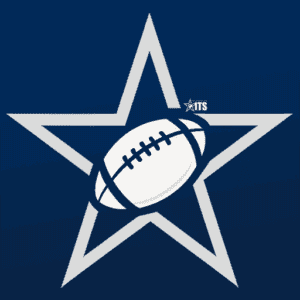


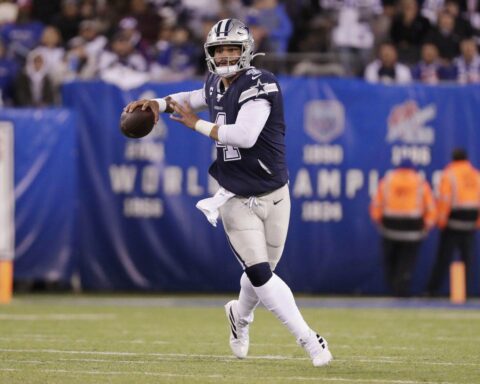
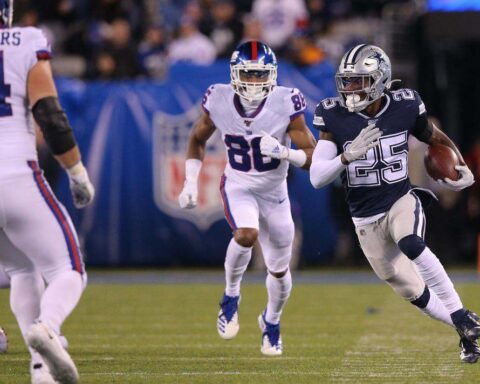
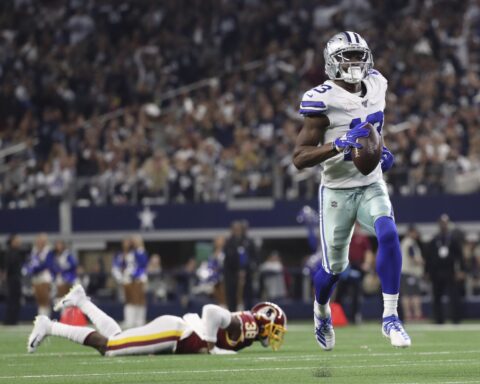
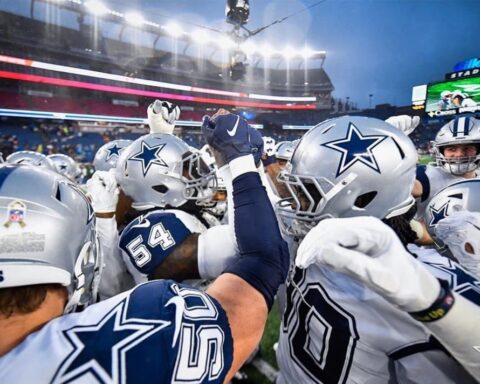
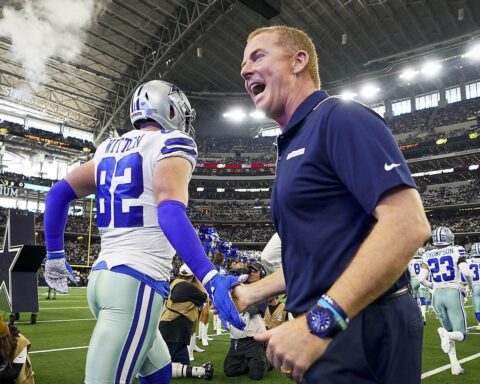
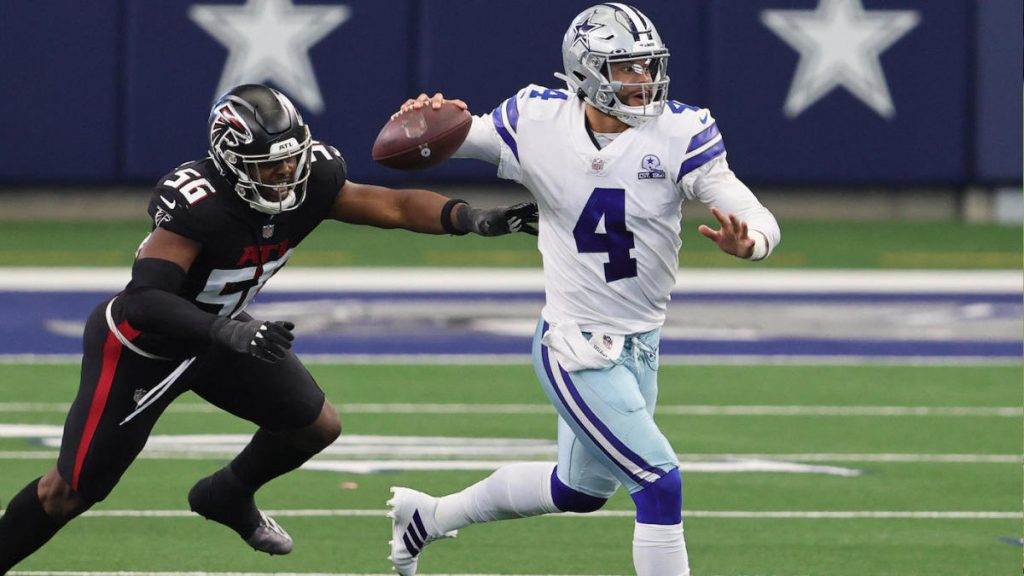
Conspiracy
I have a hard time believing it’s a conspiracy instead of a move to over officiate games. If there’s a conspiracy it’s that the NFL Officials are so tired of getting criticized that they’ve overreacted and are calling everything.